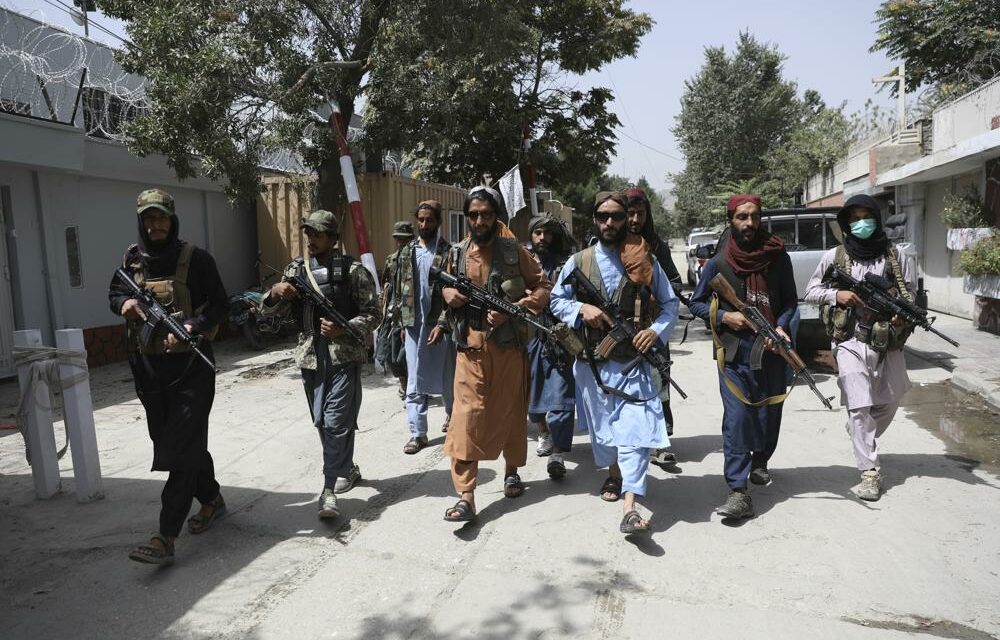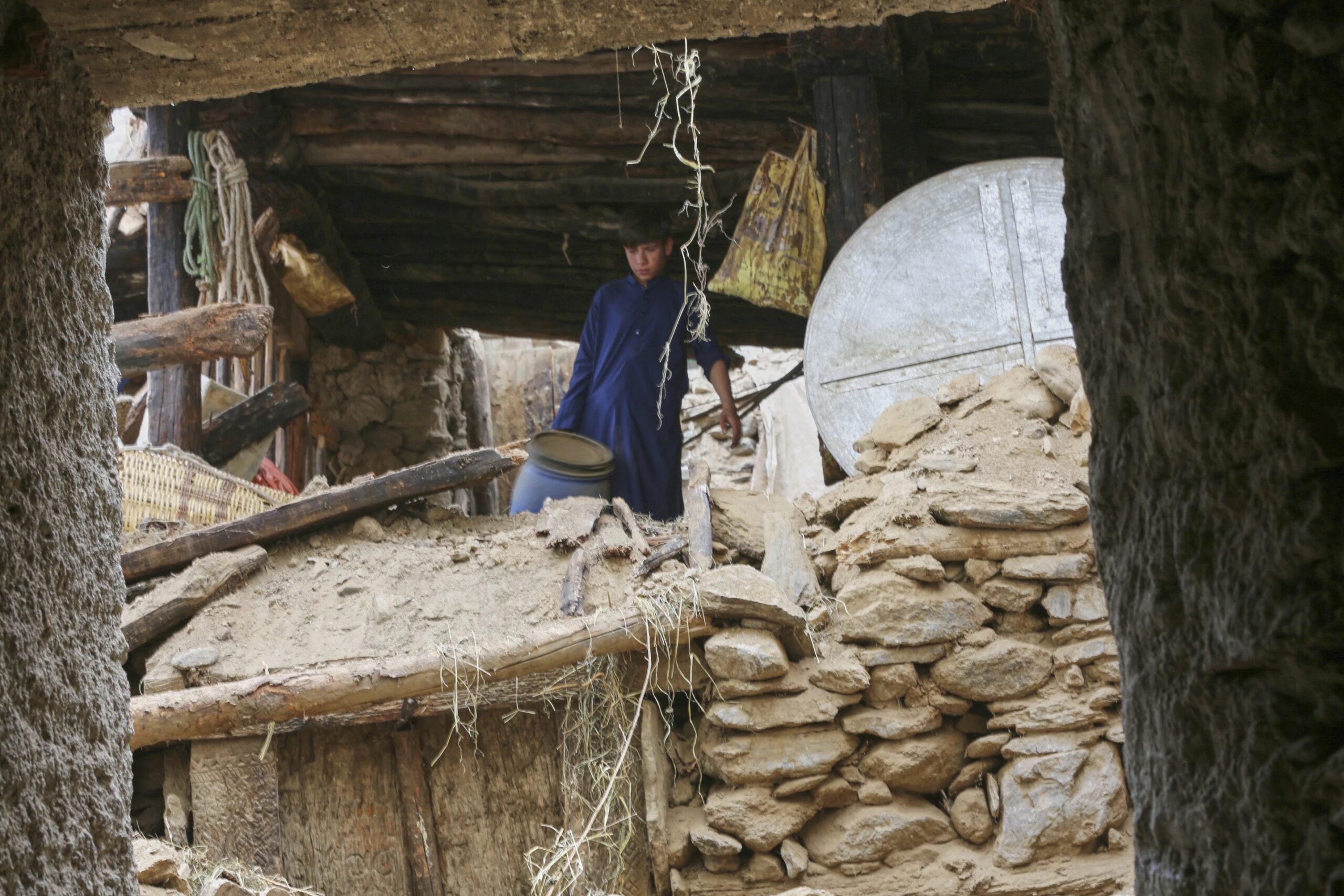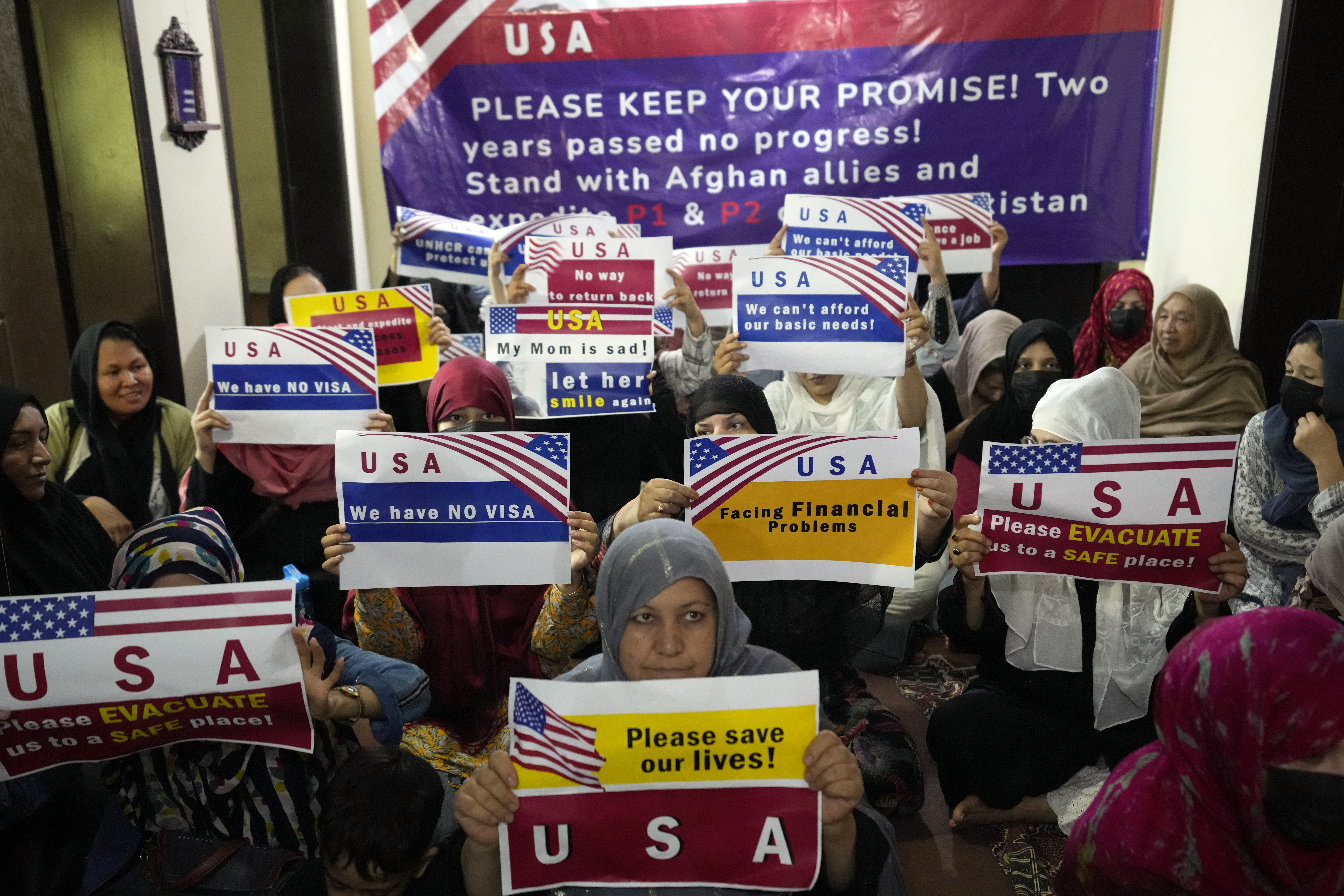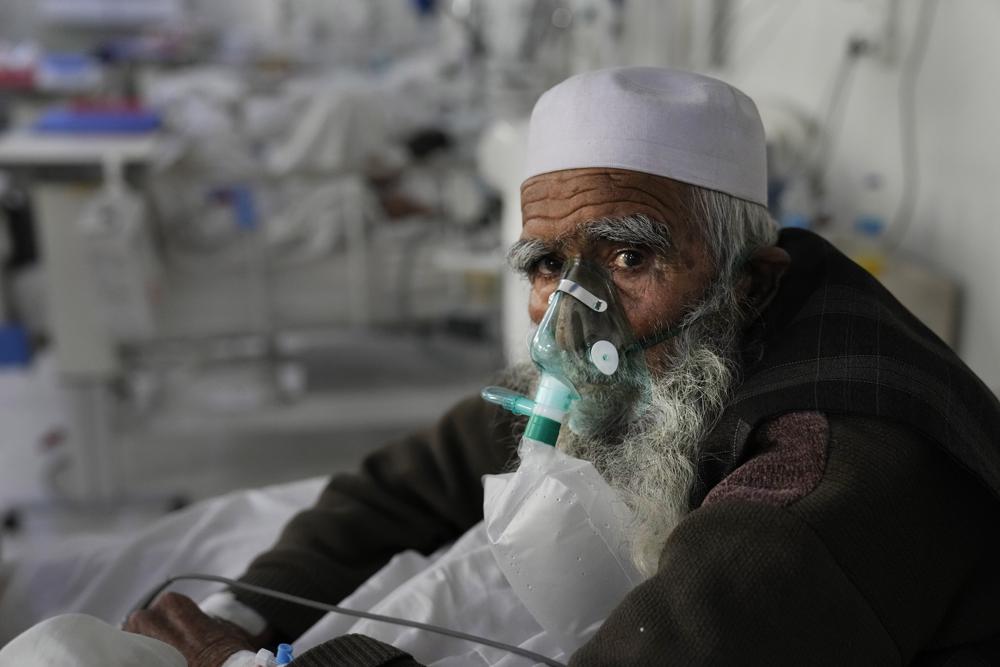The Afghan government’s rapid collapse on August 15 came 20 years after the U.S. first invaded to root out al-Qaida following the 9/11 attacks and just weeks before the U.S. was set to withdraw its remaining troops from the war-torn country.
President Joe Biden told world leaders Tuesday that the U.S. was on pace to leave Afghanistan by August 31. Emboldened by the U.S. withdrawal, Taliban fighters swept across the country last week and captured the capital of Kabul.
Since then, Afghan refugees fleeing the Taliban’s ultraconservative brand of Islam have flooded the Kabul airport, taking to desperate measures to leave. While the U.S. has evacuated approximately 83,000 people since the effort began on August 14, more than 10,000 people are still at Kabul’s airport waiting for flights, according to the Pentagon.
With less than a week to go before the August 31 withdrawal deadline, the Pentagon says the U.S. military has increased flights out of Kabul to one every 39 minutes.
North Carolina Congressman David Price recently co-authored a statement calling for the rapid deployment of U.S. troops to help evacuate Americans, foreign diplomats and Afghans who have worked with the Unites States over the years.
“It’s incredible now how many people are being flown out each day with dozens of flights and the deadline which we had earlier set for the departure of American troops, August 31, is looking more and more like it needs to be extended,” Price said. “I just don’t think we can get everybody out that needs to go out by then and there’s some question about whether the Taliban will agree to that.”
I commend and urge the President to continue securing the safe and orderly evacuation of Afghans who have worked with the U.S. mission, including NGOs and contract employees.
— Rep. David E. Price (@RepDavidEPrice) August 25, 2021
Some Afghan refugees will even be coming to the Triangle. Kokou Nayo, a refugee community organizer for Church World Service Durham, said the number of refugees coming to the area seeking emergency housing will continue to increase in the coming weeks.
“A couple of weeks ago, we heard that around 2,500 refugees have been flown to Fort Lee in Virginia, and that is not a typical refugee resettlement,” Nayo said. “This is an emergency.”
Although the U.S.-led invasion of Afghanistan in 2001 ousted the Taliban from power, they never left. Even with the knowledge that the militant group still had foothold in the country, Price, who represents North Carolina’s 4th District, said he was surprised by the swift collapse of the Afghan military and government.
“It wasn’t unanticipated, but it certainly was quicker and more complete than I think anybody anticipated, including our own intelligence sources,” Price said. “There’s some reasons for that. I think the lack of strength and credibility on the part of the Afghan government, partly self-inflicted, but it also goes back to the Trump administration’s decision to negotiate an agreement between the U.S. and the Taliban and leaving the Afghan government out. That was a huge mistake and ended up with very debilitating effects.”
The Trump administration signed a peace deal with the Taliban in February of 2020, outlining a phased withdrawal of U.S. forces from Afghanistan in exchange for Taliban commitments not to allow attacks on the U.S. or its allies from Afghan territory. President Biden is now pointing to the agreement saying it bound him to withdraw American troops, setting the stage for the chaos currently engulfing the country.
Many also fear the Taliban will reimpose the harsh interpretation of Islamic law that they relied on when running Afghanistan from 1996 to 2001. Back then, along with many recreational activities like music and sports being banned, women were barred from attending school or working outside the home. Additionally, they were required to wear a burqa and be accompanied by a male relative whenever they went outside. During this time, public beatings, mutilations, and executions were also frequent.
“At least for now, we have a Taliban rule across the entire country, but I don’t think that rule is going to be easy to maintain,” Price said. “There’s a lot of questions about whether it’s going to be as repressive as it formerly was. I think it probably will be quite repressive would be my guess. And my guess also is that it’ll meet a lot of resistance from day one. Afghanistan is a very hard country to govern on a nationwide basis.”
Lead photo via AP/Rahmat Gul.
Chapelboro.com does not charge subscription fees. You can support local journalism and our mission to serve the community. Contribute today – every single dollar matters.





